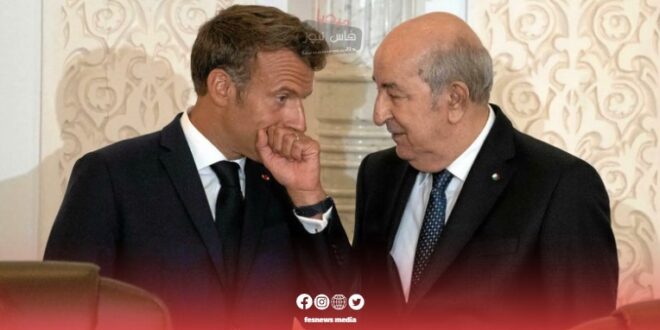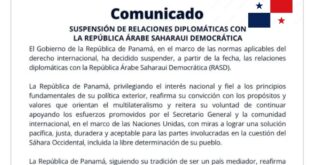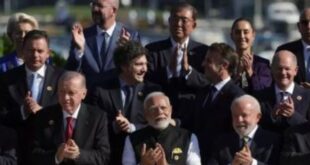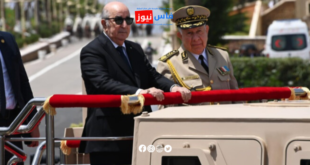A recent study by historian Sébastien Ledoux and political researcher Paul Max Morin has revealed the evolution of French presidential policies regarding the memory of the Algerian War since 1962. The study highlighted the following key points:
- The shift of memory policies from being driven by the personal convictions of presidents to becoming an electoral tool in the 21st century.
- President Emmanuel Macron has heavily focused on the issue of Algerian memory, presenting himself as capable of overcoming the colonial legacy.
- Macron has linked the memory of the Algerian War to contemporary issues such as Islam and separatism.
- Macron’s memory policy has faced challenges due to the centralization of decision-making in the Élysée and a lack of resources.
- The shift to the right in Macron’s policies has led to setbacks in addressing the colonial era.
The study concluded that current memory policies suffer from shortcomings in confronting the colonial legacy and the persistence of racism in contemporary French society.
Historical Context:
Since the time of Charles de Gaulle, most Presidents of the Fifth Republic have sought to leave their mark on the field of national memory. The period from 1980 to 1990 saw debates over World War II and the role of the Vichy government in crimes against Jews. At the beginning of the millennium, discussions focused on the torture practiced by the French army in Algeria and the “positive” role of colonialism.
Evolution of Memory Policies:
These policies are divided into two categories: actions in favor of groups directly affected by the Algerian War (veterans, repatriates, harkis) and actions of commemoration (such as the recognition of the term “Algerian War” in 1999).
Macron and Algerian Memory:
During his 2017 election campaign, Macron described French colonialism in Algeria as a “crime against humanity.” Macron considers the issue of the “Algerian shock” central in France, linking it to contemporary issues such as Islam and separatism.
Concept of “Memory Reconciliation”:
This concept was first introduced by President François Hollande in 2016, in the context of the call for a “Peace of Memories” following the 2015 terrorist attacks.
Challenges of Macron’s Memory Policy:
- It heavily relies on the personal will of the president and his team, limiting its long-term effectiveness.
- There are limited financial and human resources allocated to this policy.
- The shift to the right in Macron’s policies has led to setbacks in addressing colonial issues.
Critique of Current Policy:
The authors believe that Macron’s description of the French-Algerian relationship as a “love story with a tragic side” continues to use euphemisms to obscure the social and political realities of colonialism. These details provide a comprehensive picture of the complexities of French memory policies regarding the Algerian War and their ongoing impact on French politics and society.
Source: Fes News
 فاس نيوز ميديا جريدة الكترونية جهوية تعنى بشؤون و أخبار جهة فاس مكناس – متجددة على مدار الساعة
فاس نيوز ميديا جريدة الكترونية جهوية تعنى بشؤون و أخبار جهة فاس مكناس – متجددة على مدار الساعة













